Learning resources Discover more
What do you want to know more about? Choose your area of interest and find instructive material that will help you learn more about bladder and bowel care.
What do you want to know more about? Choose your area of interest and find instructive material that will help you learn more about bladder and bowel care.
key:global.content-type: Video
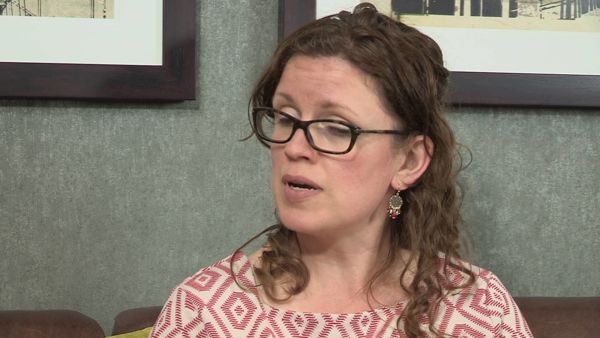
key:global.content-type: Video

key:global.content-type: Video

key:global.content-type: Video

key:global.content-type: Notification
In this booklet we have put together information about the urinary tract, symptoms that can occur, and therapies that might help you managing your bladder.

key:global.content-type: Notification
In this booklet we have put together information about the urinary tract, symptoms that can occur, and therapies that might help you managing your bladder.

key:global.content-type: Notification
In this booklet we have put together information about the urinary tract, symptoms that can occur, and therapies that might help you managing your bladder.

key:global.content-type: Notification
In this booklet we have put together information about the urinary tract, symptoms that can occur, and therapies that might help you managing your bladder.

key:global.content-type: Video

key:global.content-type: Video
This video explores challenges that can impact the urinary system, such as overactive bladder, weakened bladder muscles, and urinary retention. It explains how these issues can prevent the bladder from emptying properly, potentially leading to infections and kidney problems.

key:global.content-type: Video
This video provides a concise overview of the urinary system's anatomy and function. The upper tract (kidneys and ureters) filters waste from the blood, forming urine. The lower tract (bladder and urethra) stores and eliminates urine. Sphincter muscles ensure continence.

key:global.content-type: Video
These videos explore the fascinating connection between your brain and bladder. They explain how they work together to control urination, including how the bladder sends signals to the brain when it's full and how the brain coordinates bladder emptying.

key:global.content-type: Video
This video explores some of the challenges that can affect the urinary system, such as overactive bladder, weakened bladder muscles, and urinary retention.

key:global.content-type: Video
This video offers a brief introduction to intermittent catheterization (IC) for men - a method for managing bladder emptying issues. It covers the benefits, who can use it, and getting started.

key:global.content-type: Video
This video provides an overview of intermittent catheterization (IC) for women, a method for managing bladder drainage. It explores the benefits of IC and highlights the importance of proper technique and equipment selection.

key:global.content-type: Article
In 2011, Brianna was in a car accident where she got a spinal cord injury that left her paralyzed from the waist down. She has been a wheelchair user since the accident, but it took 10 years before she was told how to perform intermittent catheterization in a practical and efficient way, not being confined to her bed and using LoFric Elle. Read her story in her own words.
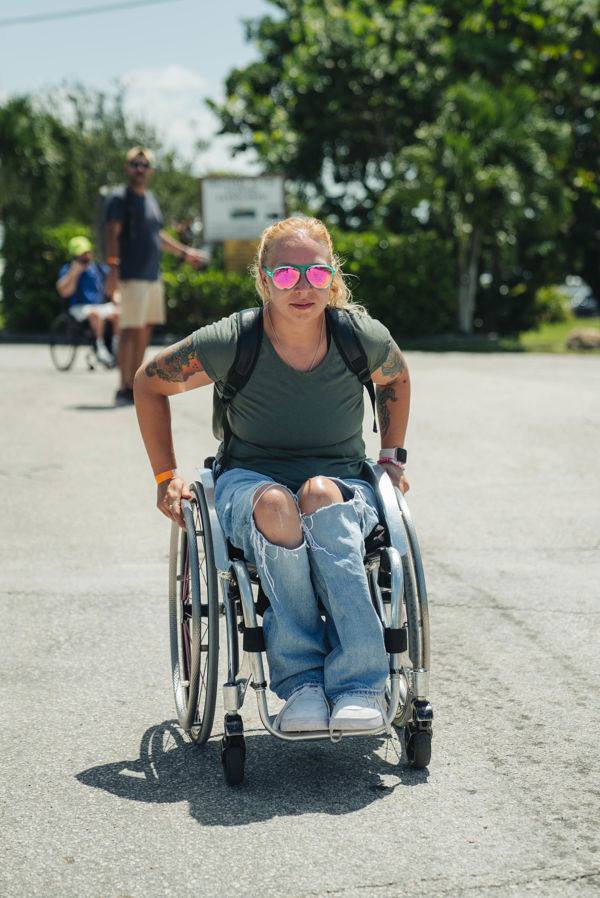
key:global.content-type: User Story
Ninthe (9) lives with her parents and brother in Almelo, The Netherlands. From the day she was born, she was unable to feel the urge to go to the bathroom. We interviewed Ninthe and her parents at their home. Ninthe hopes her story will inspire other children to understand that bowel irrigation is not a problem and that you can go to school again without having accidents.

Veterans Affairs (VA) hospitals are going above & beyond by providing veterans with quality LoFric catheters for intermittent catheterization (IC).
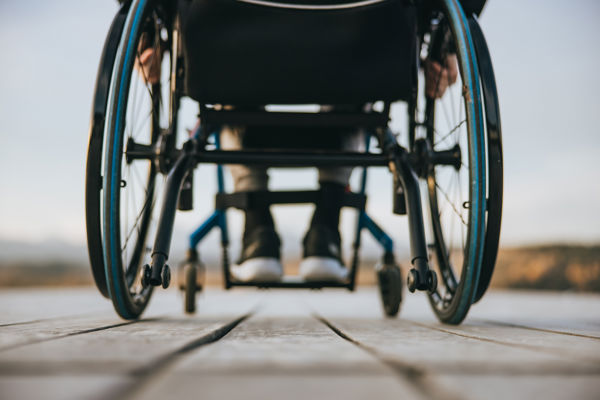
It can be difficult to find a regular toilet routine if you suffer from chronic constipation or fecal incontinence. Some people constantly fear public accidents or literary spending hours in the bathroom.
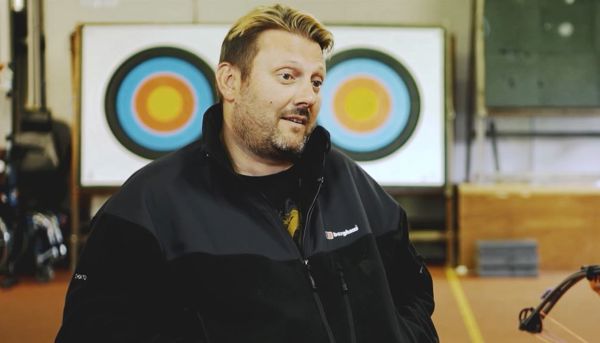
key:global.content-type: Article
Female urinary incontinence is a very common condition. Let's take a look at what everyday life entails with respect to recognizing this issue and understanding which treatments are available.

key:global.content-type: Article
In this blog, we will cover what urinary catheters are, why you would need to use them, and how they work. We’ll also look at some of the specific considerations for using catheters for both men and women.
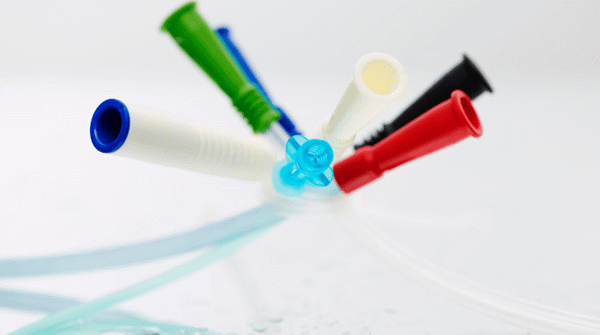
key:global.content-type: User Story
Noah*, 49 years old, is recovering from rectal cancer. After surgery, he found he had additional problems with fecal incontinence which affected all aspects of his life. In this article, he tells us how Transanal Irrigation (TAI) allowed him to recover his freedom and confidence.

What are the three most common female bladder problems? Keep reading to learn more about these conditions.

key:global.content-type: User Story
"It was very helpful for us at the time, when Harry was a little baby with reduced function, to meet a boy with similar problems, and to get to know a family with our kind of approach to life, who had struggled with the same things as us.”
